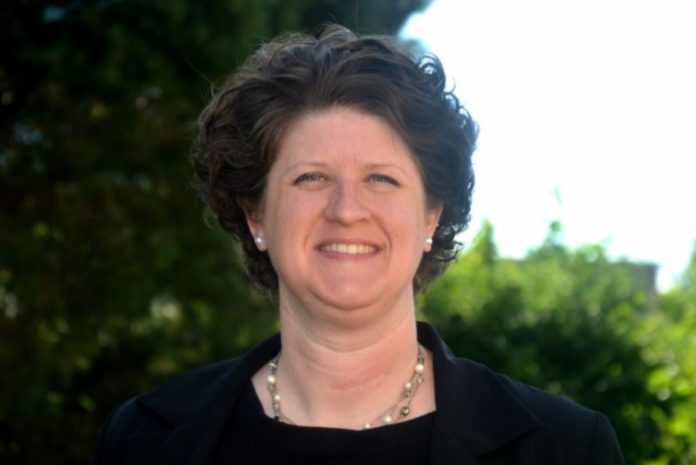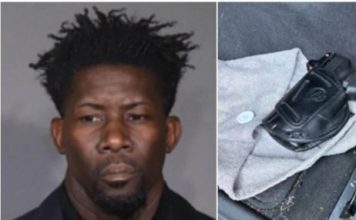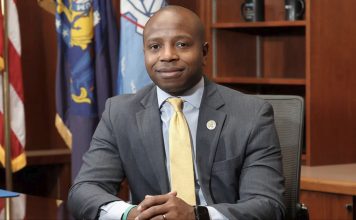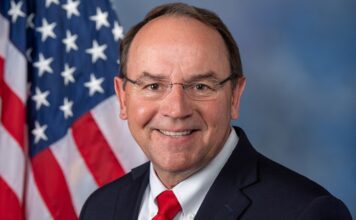By: Cory Brewer
Superintendent Jill Underly delivered her annual “State of Education” address last week. If you tuned in hoping for an honest assessment of how Wisconsin students are doing, you were left disappointed. The event began, not with a frank discussion of student achievement, but with a land acknowledgment. Like much of what followed, it was a gesture more concerned with appearances than with the urgent problems facing Wisconsin classrooms.
Parents don’t need speeches to tell them what’s happening in classrooms. They see it every day. Schools are increasingly unsafe and chaotic. Teachers are leaving in frustration, and those who try to impose discipline often find themselves undermined by administrators. Children cannot focus enough to learn in disorderly classrooms. Too many Wisconsin students cannot read or do math at grade level. Even after DPI artificially inflated student performance on the state exam, more than 46% of students in the state are rated as not “meeting expectations” when it comes to reading.
That is the crisis.
Instead of addressing these realities, Superintendent Underly spent her time talking about “belonging” and “inclusivity.” Of course, students should feel welcome in their schools. But confidence and belonging are not created by slogans or buzzwords. They come from learning. A child who can read, solve math problems, and write clearly is prepared for success. A child who cannot is being failed, no matter how many times the system congratulates itself for fostering inclusivity.
The superintendent also used her address to attack Wisconsin’s school choice program, raising her voice to claim that private schools are “taking resources” from public schools. This is both misleading and telling. Misleading, because that is not how the program is funded. Telling, because it reveals more concern for the system than for students.
Parents choose private schools for many reasons, from safety or stronger academics to a faith-based education or simply a better fit for their child. That is their right. To chastise families for using an existing program to find a school that meets their needs is not leadership. It is hostility toward parents. And then came the familiar refrain of “we need more money.” But decades of data make this clear—more money does not automatically produce better outcomes. Today in Wisconsin the average school district collects revenue of nearly $18,000 per student, yet student achievement continues to stagnate. One of Wisconsin’s worst-performing districts is Milwaukee Public Schools, which spends more than $21,000 per student. What students need are not bigger budgets, but safe classrooms, higher expectations, and accountability.
These complaints about funding are rendered hypocritical because there is a practical solution within reach. If Wisconsin opts into the Federal Scholarship Tax Credit (FSTC) opportunity, families will have more resources for tutoring, technology, transportation, and services for children with special needs, for children in both public and private schools. This would put real tools in the hands of parents. But you didn’t hear that from the superintendent.
It is also worth clarifying a favorite rhetorical device of DPI, the idea that these are “our kids.” They are not. They belong to their parents. Superintendent Underly suggested adults who raise concerns about public education make kids feel like they don’t belong, but that is nothing more than a manufactured talking point meant to dismiss legitimate parental concerns. Parents are not telling children they don’t “belong,” as Superintendent Underly insinuated. That is a manufactured talking point designed to discredit those who raise concerns about the state of public education. Parents want schools focused on core subjects, not ideological lessons that indoctrinate more than they educate.
If we are serious about educating all children, regardless of race, income, or identity, we must treat them as individuals. Real belonging does not come from being placed in a demographic box or used as a symbol for political talking points. It comes from learning. Children who master new skills and achieve proficiency feel valued and capable. They gain confidence through success, not through bureaucratic buzz words.
To be sure, there is a crisis among young people. But it is not solved by turning teachers into therapists. Their role is to teach. We have piled so many competing expectations on educators that the core mission of teaching reading, writing, math, and civics is too often pushed aside. As Robert Pondiscio has observed, we’ve made teaching too hard for mere mortals.
When schools focus on academics, achievement rises and students gain the resilience and sense of purpose that follow from real accomplishment. Confidence does not come from contrived exercises in so-called social-emotional learning. It comes from knowing you can do the work.
Superintendent Underly should have been honest with Wisconsinites about how students are actually doing. She should confront the realities of chaotic classrooms, struggling students, and frustrated teachers, not dodge them with slogans and talking points. Until those in charge of education in Wisconsin face these truths, students will continue to fall behind, no matter how many times the word “belonging” is repeated from a podium.
Cory Brewer is an attorney at the Wisconsin Institute for Law & Liberty, where she directs the nationwide Restoring American Education initiative.


































